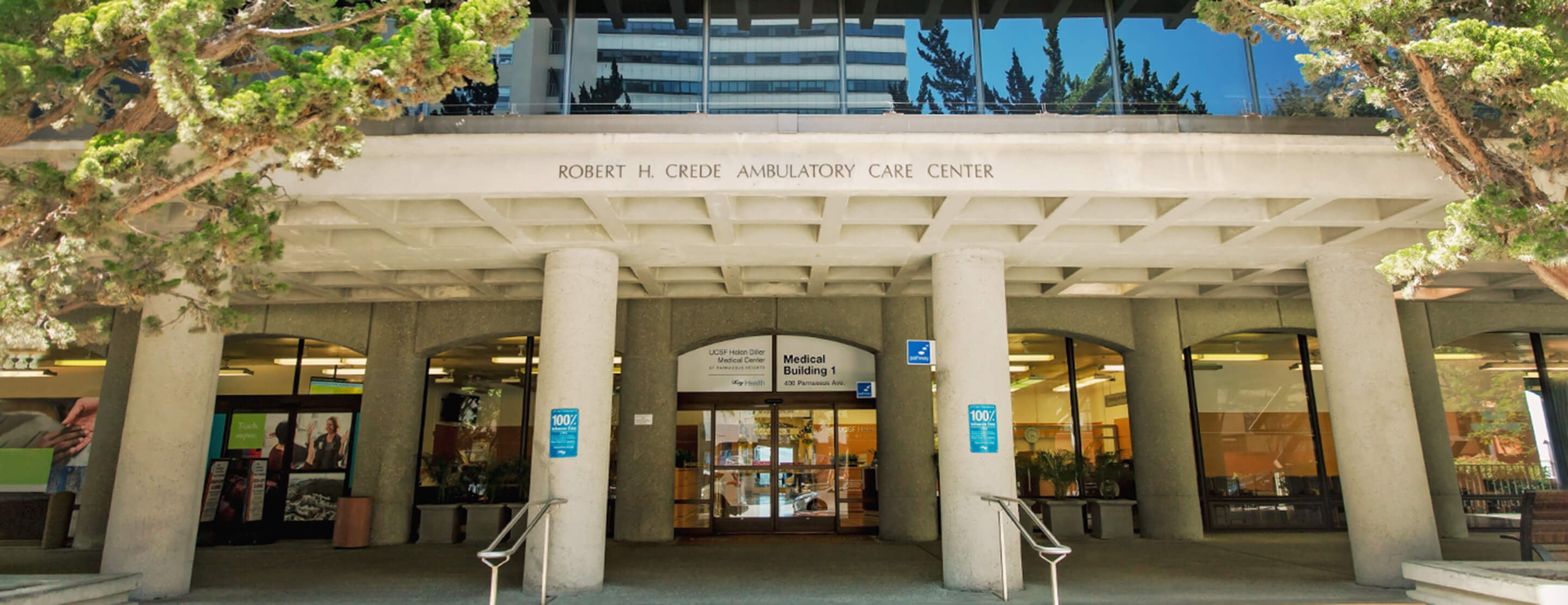Dr. Lewis Blevins decided to become a physician in the second grade, while growing up in a trailer park in Tennessee. But Blevins' early love of medicine didn't stop him from exploring his artistic side too. Now an endocrinologist specializing in pituitary and hypothalamus disorders and director of the California Center for Pituitary Disorders, Blevins spends his free time painting and playing the Irish bagpipes.

Doctor Q&A: Lewis Blevins
A self-described "unusual bird," he sees a deep connection between medicine and the arts, which helps him approach each patient as an individual rather than a statistic.
You specialize in pituitary disorders. What is the pituitary gland?
The pituitary gland is a small gland at the base of the brain. It's the master gland in the body and makes hormones that control hormone production by other glands.
For example, it controls the thyroid gland that manages our metabolism by producing thyroid hormone. It causes the adrenal glands to produce cortisol, which is a major stress hormone that our body uses to regulate its responses during illness or injury. The pituitary also controls the ovaries in women and gonads in men to produce sex steroids and regulate the reproductive functions.
How did you get interested in this tiny gland?
For a gland that's the size of a kidney bean, to spend a life and career on it, some would say, "You're crazy." But it's fascinating work.I do think you have to be a little off-kilter and odd to focus your life on such a thing. I saw a lot of interesting patients during my internal medicine residency with pituitary disorders, and they were intriguing to me.
With their clinical presentations, the last thing I was expecting was pituitary disease. I really backed into it by mistake to diagnose a few people.
Once we treated their problems, they had a remarkable response and, basically, a restoration of their quality of life. With proper treatment, people are healthy and happy, able to go to work, enjoy their families and do other things that we humans like to do.
Why did you become a doctor?
I decided I wanted to be a physician in second grade. That was largely in response to having a wonderful pediatrician who would show me things in the medical textbooks, let me look at the skull in his office and show me blood slides under the microscope.
As a second-grader, I was so enamored with him and intrigued by the things he was doing. I wanted to know, "Why am I sick?" and, "What are you going to do to make me better?"
What are your other interests?
People accuse me of having both sides of my brain going. I'm a painter of landscapes and portraits and things like that. I play music: the Irish bagpipes. That's odd stuff for a physician to do.
I'm also deeply interested in people, humanity and more than the science of medicine.
Does your interest in the arts and people affect the way you practice medicine?
I think medicine is an art, more so than a science in many regards. I can have 100 patients with a growth hormone-producing tumor leading to the syndrome of acromegaly. But that's 100 different illnesses. The illness is not only that disease, but its particular manifestation in one patient versus the next and also how it affects that person's relationship with their spouse, children and friends, as well as the way they go to work and earn a living and enjoy the things they do outside of work.
That's where the art of medicine comes in because you can look in any journal and there's an algorithm or a diagram on how to treat people with these illnesses. But we recognize that people are individuals, and a treatment that might work for one is not going to work for another.
We treat individuals, not populations.







